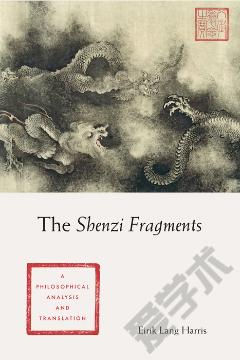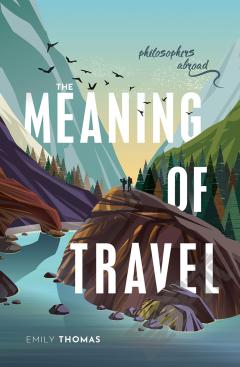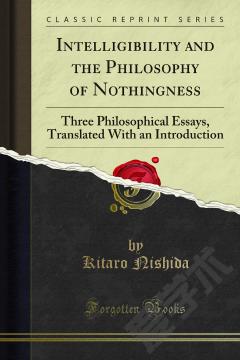Exultant Forces of Translation and the Philosophy of Travel of Alphonso Lingis
This monograph explores the relation between travel, language and culture in the context of the travel philosophy of Alphonso Lingis and translation theory. The traveller is seen as a translating agent and intercultural mediator. The book begins with an historical overview, tracing the interrelatedness of translation and culture from Mikhail Bakhtin’s notion of dialogue, to the recent ‘cultural turn’ in translation theory, ethnography and philosophy. The monograph then turns its focus onto the philosophy of Alphonso Lingis. Lingis believes that rational language is unable to fully transmit meaning, arguing that ‘translation of culture’ requires the use of all senses. He calls for spontaneity in translation as bodily performance—highlighting the importance of the remainder or surplus in translation by emphasizing ways of knowing that are channelled through taste, touch, vision, smell and sound. The traveller to a foreign country finds himself in a place like a deep woods: the unknown language he encounters speaks to him like a silent language and conveys no meaning. By placing the body at the centre, Lingis questions the idea of silence as muteness, and posits that the human voice, coming “from the bowels and tubes of the body,” is able to connect and evoke a reply, because “our voice does not produce the sound out of silence” (The First Person Singular 24). Thus, even where there is absence of a common language, communication is still possible by means of a corporeal grammar.
{{comment.content}}








 京公网安备 11010802027623号
京公网安备 11010802027623号